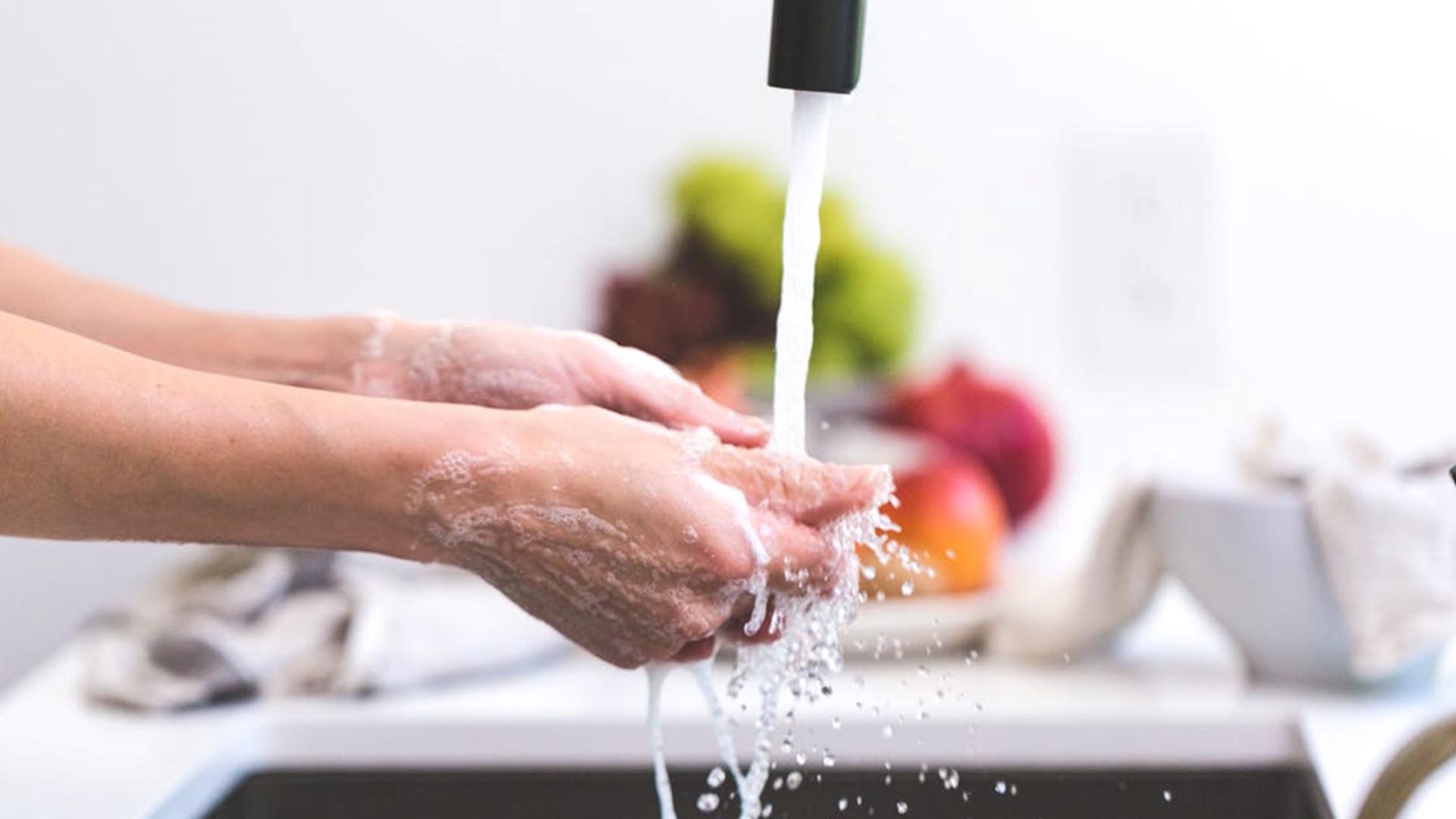It’s no secret that people are scared of the current Coronavirus Disease (COVID-19) outbreak, previously known as Novel Coronavirus (2019-nCoV). Some even resorted to believing some misconceptions, claiming that it can help them avoid contracting it.
The outbreak has now affected 81 countries, including China, where the new coronavirus strain, which has not been previously identified in humans, was first recorded.
According to the World Health Organization (WHO), clustering pneumonia cases of unknown etiology was reported in Wuhan, China, last December 2019—this signaled the start of the outbreak, which has since spread globally, affecting more than 94,0000 individuals who have tested positive for COVID-19.
In outbreak situations like this, the saying, “prevention is better than cure,” becomes relevant more than ever. But, what should you do to protect yourself and the others against the disease?
Citing the WHO and DOH advisories, Sante, a provider of premier organic health and wellness products and services, lists down the basic preventive measures you should know and more importantly practice, amid the COVID-19 outbreak:
Practice frequent and proper handwashing. Wash your hands frequently with soap and water for at least 20 seconds to eliminate the virus if it is on your hands. It also important that you know how to properly wash your hands. You may also use an alcohol-based hand sanitizer if your hands are not visibly dirty.
Observe proper cough etiquette. When coughing and sneezing, cover your mouth and nose with a tissue. Don’t forget to discard the tissue once you use it and wash your hands after or disinfect with alcohol or hand sanitizer. In the absence of this, cover your mouth and nose with a flexed elbow.
By doing so, you can prevent the spread of germs and viruses, especially when you use your bare hands, you may contaminate objects or even the people you touch.
Avoid touching eyes, nose and mouth. Our hands touch many surfaces, which might be contaminated with the virus. If you touch your eyes, nose, or mouth with your contaminated hands, you might transfer the virus from the surface to yourself. Should you need to touch any part of your face, make sure to wash your hands before doing so.
Maintain Social Distance. If possible, maintain at least a meter (3 feet) distance away from other people, particularly those who are coughing, sneezing, and with a fever. When someone infected with respiratory diseases coughs or sneezes, that person projects small droplets containing the virus. If you are too close, you might breathe in the virus.
Avoid unprotected contact with farm or wild animals. As a general precaution, you should practice general hygiene measures when visiting live animal markets, wet markets, or animal product markets.
When you go to these places, make sure that you sanitize or wash your hands with soap and water after touching the animals and animal products. Also, avoid touching your eyes, nose, or mouth. If there are sick animals or spoiled animal products, avoid close contact with them.
Any contact with other animals in the market, such as stray cats and dogs, rodents, birds, cows, pigs goats and bats, should also be avoided, including the potentially contaminated animal waste or fluids on the soil or structures of shops and market facilities.
Cook food thoroughly. Per good food safety practices, you must handle raw meat, milk, or animal organs with care to avoid cross-contamination with uncooked foods. It also pays to ensure that all your meals are well-cooked.
Maintain a healthy lifestyle. While in the flu season, you need to maintain an active and healthy lifestyle. Aside from a well-balanced diet and regular exercise, it also pays to take vitamins and food supplements to boost your immune system. This is what Santé has been promoting to help everyone to live more and do more in life.
With its mission to improve the quality of life of people around the world, Santé provides premier organic health and wellness products and services with Santé Barley at its core. Barley grass is an effective antioxidant, rich in vitamins and minerals that not only detoxifies the body but also, aids in digestive health and boosts the immune system. Santé’s products are also made, specifically, with organic pure barley from farms, as certified by BioGro, New Zealand’s leading organic certification agency.
Among its products is Daily C, Sante’s non-acidic vitamin C contains 568mg of Sodium Ascorbate. When taken daily, Daily C can aid in boosting your immune system. Its non-acidic form makes it gentler on the stomach and safer for daily use. Without the acidic pain from your usual vitamin C, you get the most out of this vitamin source.
To know more about Santé and its product offerings and other upcoming events, visit their official FB Page at www.facebook.com/pg/santeofficial.ph or their website at www.santebarley.com/ph.







